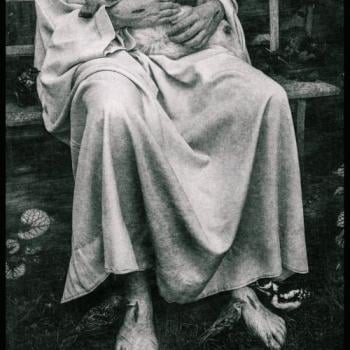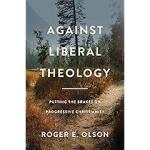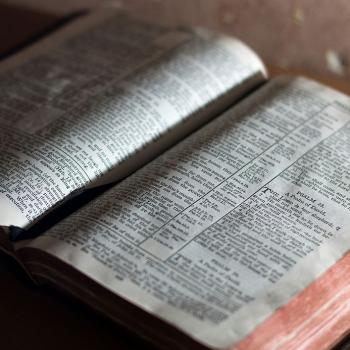Worship for members of The Church of Jesus Christ of Latter-day Saints is different than worship for others. It is less formal than most. It is longer than many.
To give a taste of what a Sunday may be like, I'm going to describe my last Sunday. It won't be the same for other Mormons. Many have to cover much longer distances than I to get to their worship services. Many have heavier responsibilities, and some have lighter ones. But the general format for all of us is similar.
I sometimes have an 8:00 meeting with the president of the stake Sunday school, but I took advantage of the fact that he'd cancelled the meeting. (A stake is roughly equivalent to a diocese, a collection of five to eight congregations, which we call wards.) I slept in a bit, waking up at 8:00 but reading a cooking magazine and snoozing until 9:00. Then I got up to do scripture study until about 10:15, when I showered and got dressed to go to church.
At 11:00, Janice and I went to our ward's services. A ward is organized in terms of neighborhoods. In areas where membership is sparse, that "neighborhood" may be quite large, as large as a county, for example. In places where there are lots of Latter-day Saints, the wards may cover less area. My ward in Provo, Utah, for example, covers only six or seven blocks on the west side of the city. Typically a ward includes 200 to 500 participating persons.
The first service is Sacrament meeting, called that because we call Communion "the Sacrament." (We have rites that other Christians would recognize as sacraments, such as baptism and marriage, but we don't refer to them that way.)
Janice and I arrived about ten minutes early and took our usual seats. No seats are assigned, but after a while people who come regularly tend to sit in approximately the same place each Sunday. It is no big deal, however, if we arrive and discover that a visitor has taken "our" seats.
We sit on the first row of folding chairs, behind the rows of pews that take up most of the chapel. Don't ask me why. For a long time we sat in the pews, which I like because they are cushioned. Then one day we moved to the folding chairs and we've been there since. Maybe Janice was looking for a way to help keep me from dozing.
About five minutes before the services were to begin, my oldest son, Christian, came to ask if I would sit with him on the rostrum. He is a counselor to the bishop (the layperson chosen to lead the congregation for a period of about five years). The bishop and his two counselors sit at the front during services. This week the bishop was out of town and the other counselor had another obligation, so Christian was the only one on the rostrum. I think he felt a little naked being there alone. I went up to sit with him.
As we waited for the time to begin services, those who were going to speak during the service came up and sat with us, a young pre-teen boy and pre-teen girl on my left, a young married couple on Christian's right.
Speakers for sacrament meeting are chosen by the bishopric and usually given a topic to speak on.
When the hour arrived, Christian made several announcements of things the ward will be doing. Then he announced the opening hymn and the name of the person who would be giving the opening prayer. That person had been asked before services began, but perhaps not a long time before. Ideally, we ask people a day or two ahead of time. Actually, we often don't ask until just before services.
After the opening prayer and opening hymn, Christian returned to the podium to briefly conduct some business for the ward. He announced that a couple who have been helping with the Cub Scouts have been released from the calling and asked the congregation to raise their hands to show our appreciation.
Then he announced that a person had been called by the bishop to teach in Primary, the organization for children from three to twelve. He asked those in the congregation who could sustain the person in that calling to raise their hands in affirmation. Then he asked if there were any who could not sustain the person and for them too to raise their hands. No one opposed her appointment.
With that, we got to the primary reason we had come to church: the Sacrament. Three young men, all holding the office of priest, uncovered the bread, which had been lying in trays beneath a white cloth, and broke it into bite-sized pieces. Then one of them kneeled and said the set prayer that we use for this occasion (Moroni 4:3).





